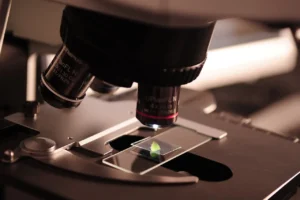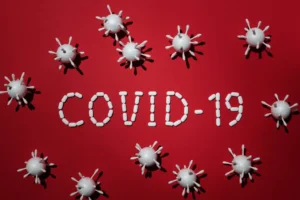
UNICEF has airlifted over 43,000 doses of the R21/Matrix-M malaria vaccine to Bangui, Central African Republic, marking a significant stride in combatting the disease and safeguarding children’s lives. This initial delivery will be followed by an additional 120,000 doses in the coming days. Central African Republic becomes the first nation to incorporate the R21 malaria vaccine into routine childhood immunization, symbolizing a pivotal advancement in disease prevention.
The World Health Organization (WHO) recommends R21 as the second malaria vaccine suitable for children in endemic areas, complementing the existing RTS,S vaccine endorsement. With funding support from Gavi, the Vaccine Alliance, the availability of both vaccines heralds a transformative phase in malaria prevention across Africa.
Leila Pakkala, Director of UNICEF Supply Division, underscores the significance of this milestone, emphasizing the newfound assurance in vaccine supply to meet demand. The safety and efficacy of R21 and RTS,S vaccines have been established through extensive research, with the latter demonstrating a notable 13% reduction in all-cause mortality during pilot programs in Ghana, Kenya, and Malawi.
Malaria remains a formidable threat, claiming the lives of nearly half a million children under the age of five annually in Africa alone. Central African Republic, grappling with one of the highest malaria incidence rates globally, reported staggering statistics in 2022, further underscoring the urgency of vaccine deployment.
Dr. Sania Nishtar, CEO of Gavi, stresses the paramount importance of accessibility, ensuring that countries most susceptible to malaria can readily access these life-saving vaccines. The Central African Republic, alongside other nations including Chad, Cote d’Ivoire, and Nigeria, are primed to receive R21 shipments, expanding the reach of malaria immunization efforts.
To date, millions of doses of the RTS,S vaccine have been distributed to several African countries, integrated into routine child immunization programs as part of national malaria control strategies. The concerted efforts of organizations like Gavi, UNICEF, WHO, and their partners are instrumental in facilitating vaccine delivery and implementation, encompassing comprehensive planning, health worker training, and community engagement.
Dr. Kate O’Brien, Director of WHO’s Department of Immunization, Vaccines, and Biologicals, underscores the transformative potential of malaria vaccines within national control plans, emphasizing the broader impact on childhood mortality reduction. Integration of malaria vaccines alongside existing interventions, such as bed nets and chemoprevention, is crucial for maximizing public health outcomes.
As the fight against malaria intensifies, meticulous planning and coordination remain imperative to ensure the seamless integration and efficacy of malaria vaccines, bolstering the arsenal against this deadly disease.




